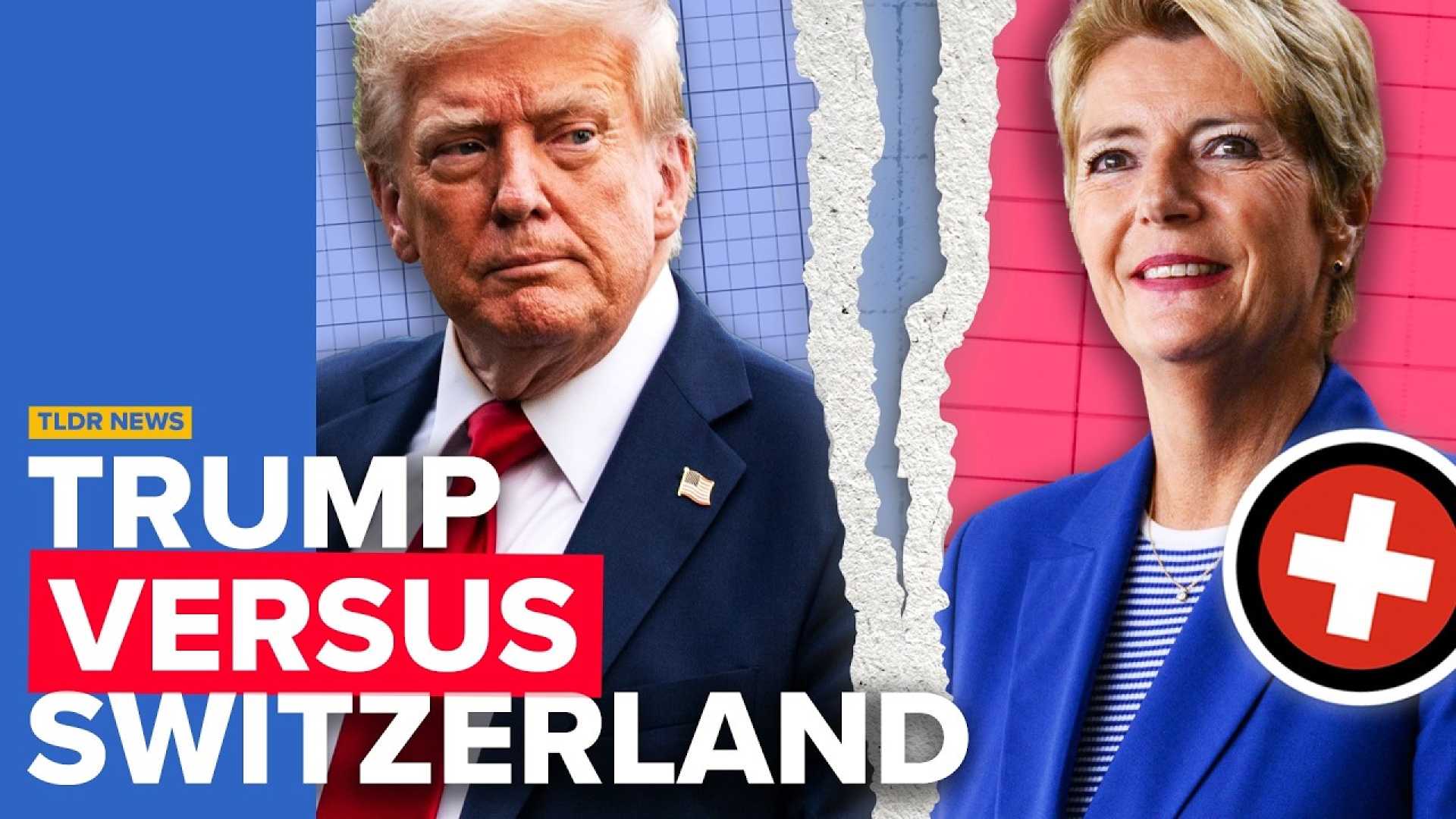World
Trump’s Tariff Shock Leaves Switzerland Reeling and Rethinking EU Relations

BERNE, Switzerland — A significant announcement from U.S. President Donald Trump last week regarding Swiss exports sent shockwaves through Switzerland, prompting leaders to reconsider the country’s long-standing policy of neutrality and isolation. Trump’s proposed tariffs threaten the delicate balance of the Swiss economy, which heavily relies on exports to the United States, its most important trading partner.
Trump announced that he would impose tariffs on Swiss goods, with ramifications that could lead to a contraction in Swiss sales to the U.S. industry lobby group has warned that if these tariffs take effect, the impact could be severe, affecting up to 0.7% of Switzerland’s GDP.
The right-wing Swiss Business Minister, Guy Parmelin, responded to the crisis by announcing a furlough program aimed at preventing mass layoffs across various sectors. The tabloid Blick reflected the national sentiment on its front page, labeling it a “black day” for the nation.
For many young people raised in Switzerland, the shockwaves from this announcement feel like a rude awakening from a long-held sense of exceptionalism. Historically insulated from major global conflicts, Switzerland has prided itself on stability, free from the turmoil affecting its European neighbors. This event, however, exposes the fragility of that isolation.
Even as the public consciousness remains influenced by idyllic perceptions of Swiss life—timeliness, comfort, and relative safety from social unrest—the reality of economic pressure is now emerging. Trump’s tariffs, which could even surpass those imposed on Algeria, have jolted the Swiss government into a state of uncertainty regarding its diplomatic and trade strategy.
The announcement has also sparked a swell of public debate about EU relations, with upcoming votes that could lead to new economic treaties between Switzerland and the EU. With rising frustrations over the unexpected tariff decisions, the Swiss government now faces mounting pressure to reevaluate its approach to EU membership.
“The time has come to reflect on our position in the global market,” said Karin Keller-Sutter, Switzerland’s interior minister, who expressed dismay at the lack of preparedness for Trump’s actions. Political analysts warn that failing to adapt to a rapidly increasing globalization and strained trade relations could lead to further economic distress.
As the national discourse shifts, it appears Switzerland’s long-honored policy of isolation may no longer be viable. The Swiss, who have always prided themselves on a life apart, are now grappling with an uncertain future in a world that no longer allows for such detachment. The initial test of this coming shift will soon manifest at the ballot box with new treaties on the EU.












